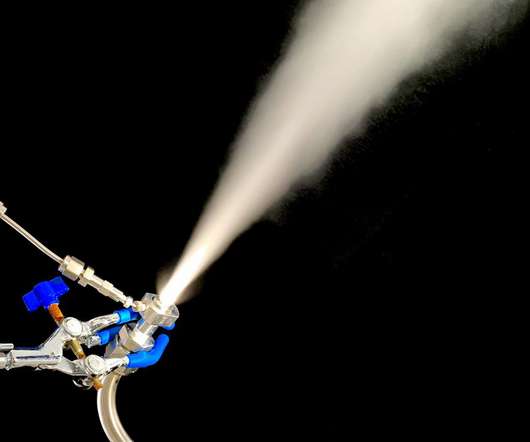Fast action on black carbon, ozone and methane could help limit global temperature rise to 2 degrees C
Green Car Congress
JUNE 15, 2011
The climate change benefit is estimated for a given year (2050) and human health and crop benefits are. Fast action on pollutants such as black carbon, ground-level ozone and methane may help limit near term global temperature rise and significantly increase the chances of keeping temperature rise below 2 °C (3.6 °F)—and





















Let's personalize your content